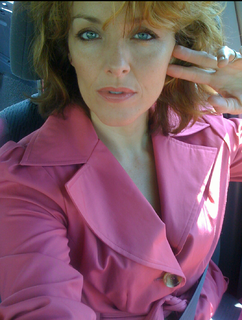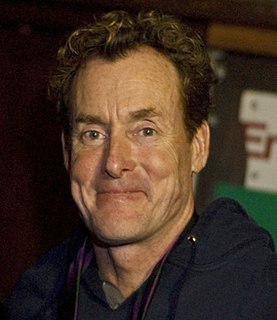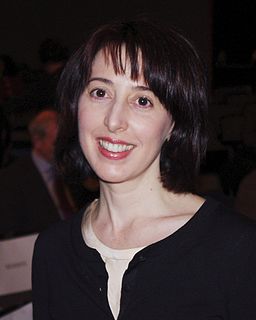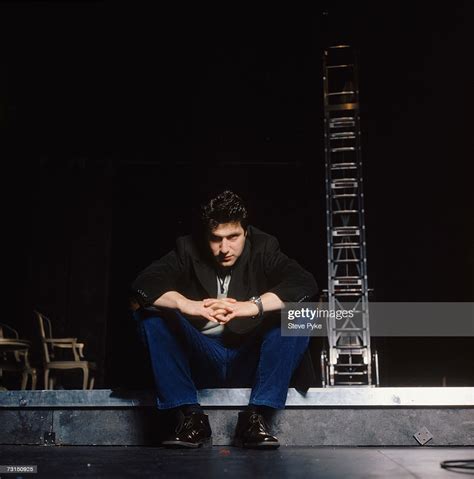A Quote by T. R. Knight
David Mamet's writing is pretty spectacular, obviously. I like the honesty of it; I like how funny it is and how sad it is.
Related Quotes
That's such a big part of film scoring that people don't realize. There's a portion of film scoring that's writing the music, but a lot of it is how do you get along with the guy you're working with, how do you interpret what he wants? It's so subjective, you know? Your version of sad is probably different than my version of sad. It's my job to figure out what your vision of sad looks like.
All of my plays have puzzled some people, and I'm happy to say delighted a few, but a lot of people have just not seen how quite to look at them. And this film... if you like my writing, you'll like this film. If you don't, you won't like the film. It's pretty faithful to - it's a pretty uncompromising presentation of my way of seeing things, I suppose.


































